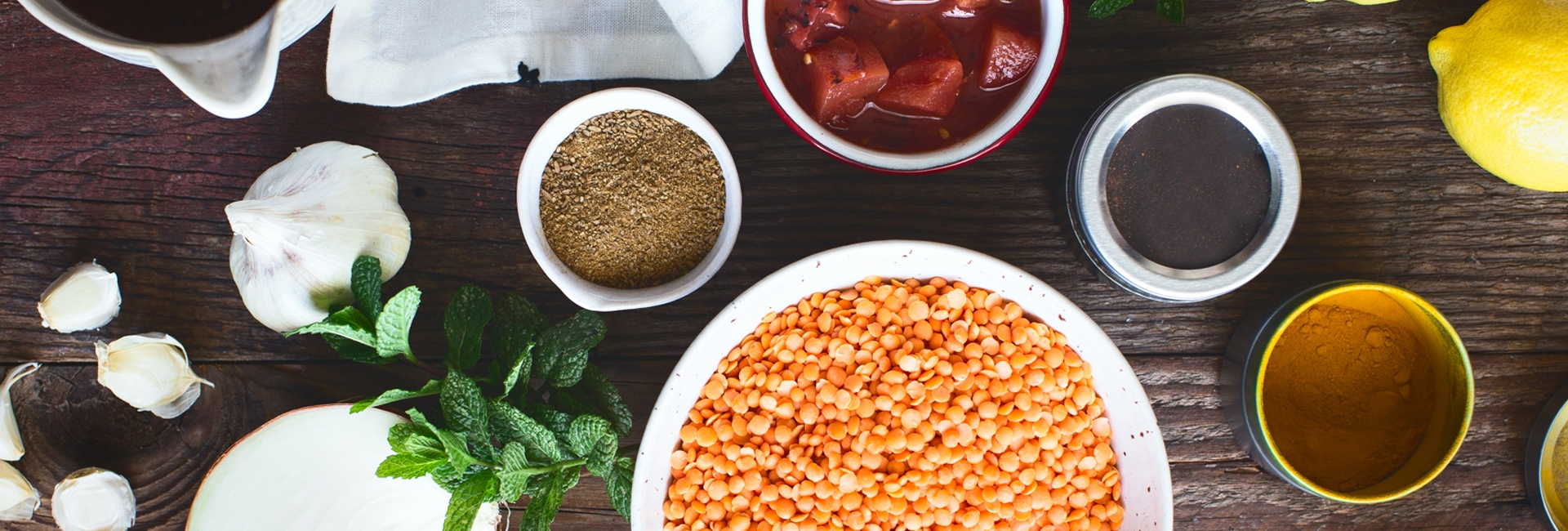“Leaky gut,” more formally known as intestinal permeability, has been a term stealing the stage for quite a while now. In fact, as research continues to spotlight the link between gut health and optimal wellness, maintaining a strong gut barrier becomes a foundational element in nearly every health plan.
Despite abundant research that has shown us how we can repair a leaky gut, the fact remains: An ounce of prevention is worth a pound of cure.
It is far easier to maintain and protect a healthy gut with diet and lifestyle choices than to try to fix a broken one, but it requires a multi-faceted approach. Protecting the gut from toxins, allergens, infections, and other elements that may trigger an inflammatory reaction and damage the epithelial barrier is vital to overall wellness. And, naturally, food selection plays a significant role in this process. Every day we are faced with the choice to eat foods that heal and protect the gut instead of those that damage the gut.
Can you be the best fat burner AND enjoy pudding, fudge, brownies, and mousse? Yes, you can… with these 15 fabulously decadent recipes. They’re all FREE in my Sweet Treats Recipe Guide. Get yours here.
Fill your plate with gut-supportive foods.
Protein
Protein is vital for maintaining a healthy gut barrier and a key building block of enzymes, hormones, cells, neurotransmitters, antibodies, and other tissue components. The amino acid glutamine is well known for its ability to help reduce intestinal permeability.
Glutamine depletion has been linked to villous atrophy (the wearing away of the microscopic, finger-like tentacles that line the intestinal wall), decreased expression of tight junction proteins (which serve to support a strong intestinal barrier), and increased intestinal permeability. Animal protein sources, including bone broth and grass-fed beef and bison, are the highest dietary sources of glutamine. Free-range poultry and wild-caught fish and seafood also contain high amounts of glutamine.
When gut health is the focus, commercial animal protein may complicate the goal. The common practice of including antibiotics and steroidal hormones in animal feed leaves these protein sources laden with drug residues that threaten the delicate microbiome balance in the gut. On the other hand, sustainably sourced protein from grass-fed, free-range, wild-caught sources actually supports a healthy microbiome, which is imperative to maintaining tight junctions of the epithelial barrier.
Fats
Dietary fats are a key player in helping to protect the epithelial barrier of the gut by modulating the gut microbiota (the trillions of microorganisms in your gut that make up at least 70% of your immune system) and also through their influence on the inflammatory pathways. High-fat diets have been associated with increased intestinal permeability due to increased bile acid secretion, which can threaten a healthy gut. However, rather than the quantity of dietary fat, it seems that the quality of dietary fat may play a larger role in protecting gut permeability.
A diet that includes a moderate amount of anti-inflammatory Omega-3 fatty acids helps to regulate the gut microbiota and support a healthy inflammatory response in the body. Even saturated fats can have a positive effect on the gut if they are sourced from plants or grass-fed animals. Conjugated linoleic acid (CLA) is the unique fatty acid supplied by a grass-based diet.
In one animal study that examined the protective effects of CLA on intestinal epithelium, researchers found that, “CLA reduced intestinal permeability, bacterial translocation, and biomarkers of inflammatory response,” which in turn helped to maintain the integrity of the intestinal epithelium and support a favorable balance between the inflammatory and regulatory cytokines.
Carbohydrates
Carbohydrates are among the most influential dietary components, with the power to destroy even the healthiest gut. Sugar, sugar substitutes, refined grains (including gluten-free substitutes), and gluten all provide the substrates necessary for the growth of pathogenic bacteria, which may lead to dysbiosis (gut imbalance) and leaky gut. Even in individuals who do not have celiac disease, gluten has still been found to trigger a transient release of zonulin, a protein that increases intestinal permeability and may contribute to leaky gut.
Whole foods such as vegetables and fruits should comprise the majority of the carbohydrates in a gut-healthy diet. The various colors associated with vegetables and fruits offer a range of phytonutrients and antioxidants that help protect against oxidative stress, which threatens the health of intestinal villi. Additionally, many vegetables such as okra have mucilaginous properties that help protect the delicate gut barrier, and various fruits such as berries possess soluble fibers that encourage the growth of a healthy microbiome.
Dietary choices that foster a balanced microbiome, modulate the inflammatory response, and provide necessary substrates for villi growth will ensure a healthy intestinal barrier with tight junctions and help reduce the risk of leaky gut. Sustainably sourced proteins that provide rich amounts of glutamine should be included in every gut-healthy diet, as well as a good amount of anti-inflammatory Omega-3 fatty acids and conjugated linoleic acid. Carbohydrates should primarily be supplied through whole foods such vegetables and fruits, while sugars, refined grains, and gluten should be limited or avoided.
Be sure to check out my Virgin Diet book for more information on choosing the right foods to support a healthy gut lining… and to be the best fat burner you can be!
“Where do I start?” I get that question a lot. That’s why it’s so important to have a roadmap you can trust. A roadmap that breaks down your health journey into small, manageable steps. Download my Ultimate Health Roadmap and take control of your health… one step at a time. Get your FREE guide here.
The views in this blog by JJ Virgin should never be used as a substitute for professional medical advice. Please work with a healthcare practitioner concerning any medical problem or concern. The information here is not intended to diagnose, treat, or prevent any disease or condition. Statements contained here have not been evaluated by the Food and Drug Administration.
*These statements have not been evaluated by the Food and Drug Administration. This product is not intended to diagnose, treat, cure, or prevent any disease.






